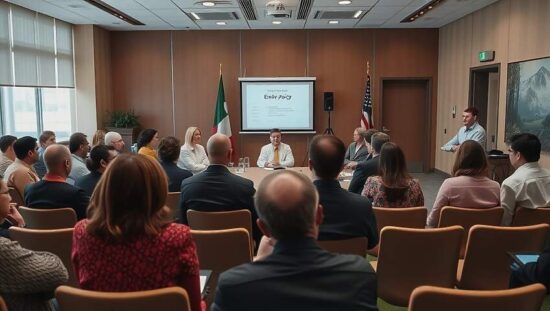The European Union has moved closer to severing its reliance on Russian gas, with member states overwhelmingly agreeing to a phased-out import ban extending until the end of 2027. The decision, reached at a meeting of EU energy ministers in Luxembourg on Monday, represents a significant escalation in the bloc’s strategy to reduce its energy dependence on Moscow, though the details reveal a complex negotiation and potential for future complications.
While the move is framed as a crucial step towards “a stronger and safer Europe” as stated by Danish Energy Minister Lars Aagaard, the agreement’s specifics highlight the political tightrope the EU is walking. According to sources, Slovakia and Hungary voiced dissent, ultimately being outvoted on the proposal. This internal friction underlines the uneven economic impact of such a dramatic policy shift across the diverse member states, raising questions about the feasibility of universally equitable implementation.
The agreed timeline establishes a formal import ban starting January 2026, but incorporates several transitional periods intended to mitigate immediate disruption. Existing short-term contracts finalized before June 2025 can remain in effect until June 2026, while longer-term agreements are permitted to run until January 2028. Critically, any modifications to these contracts are restricted to narrowly defined operational purposes, expressly prohibiting increases in volume. This restriction suggests an awareness of potential loopholes and a cautious approach to preventing circumvention of the intended ban.
However, the limitations on contract modifications have drawn criticism from some quarters. Concerns are being raised about whether such restrictions will effectively stifle European companies’ ability to adapt to the changing energy landscape and secure alternative supply chains. The complexity introduced by these transitional arrangements also risks creating legal challenges and uncertainty for businesses operating within the EU.
The agreement now moves to negotiations with the European Parliament, where further debate and potential amendments are anticipated. Securing parliamentary approval will be paramount to formally enacting the regulation and solidifying the EU’s commitment to weaning itself off Russian gas, but the internal divisions and intricate provisions already evident suggest the process will be anything but straightforward. The true test of this ambitious policy will not just be its formal adoption, but its practical application and its impact on the economic stability and energy security of the European Union.





